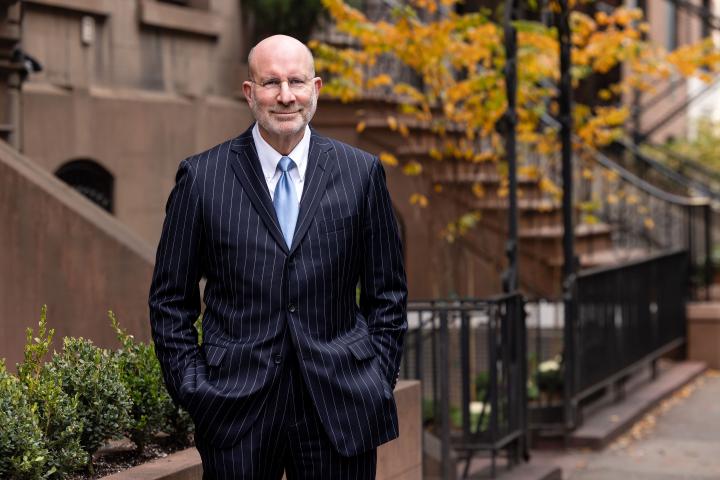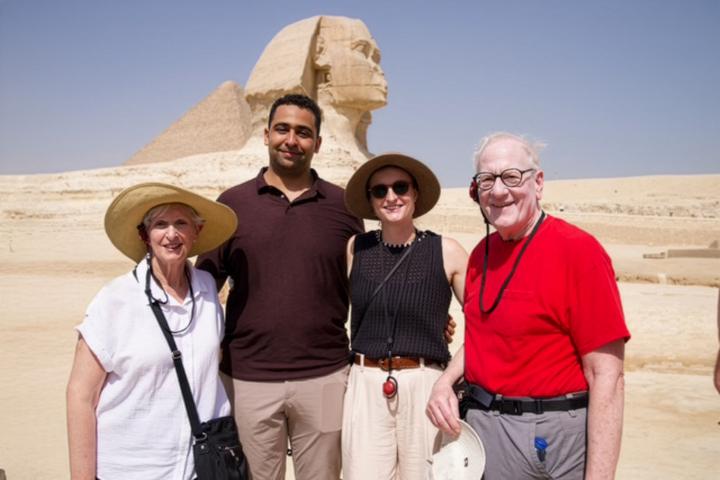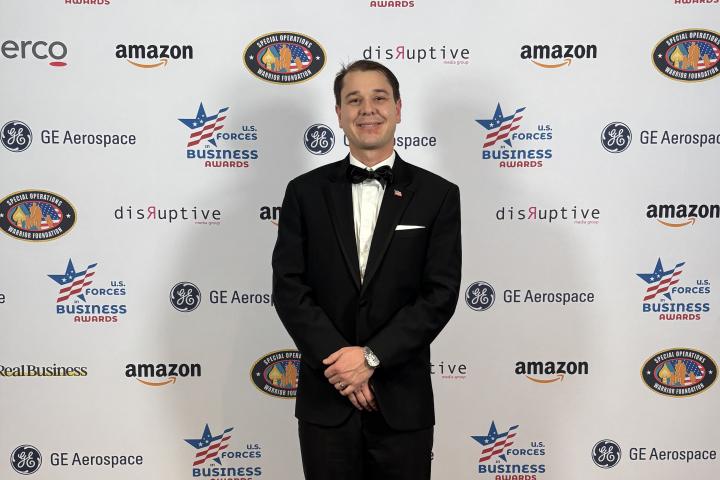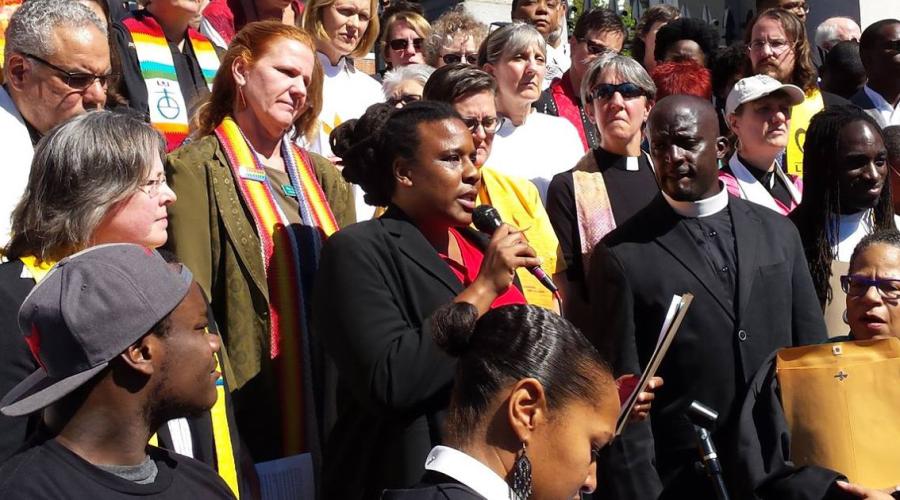
ILR Education Shows Up for Boston-based Leader
Nia Evans ’00 has an adventurous spirit.
Her passion for experiencing different places and communities is what drew her from her hometown in Gardena, California, to the ILR School.
It’s what inspired her to study international labor relations for a semester at the University of New South Wales in Sydney, Australia.
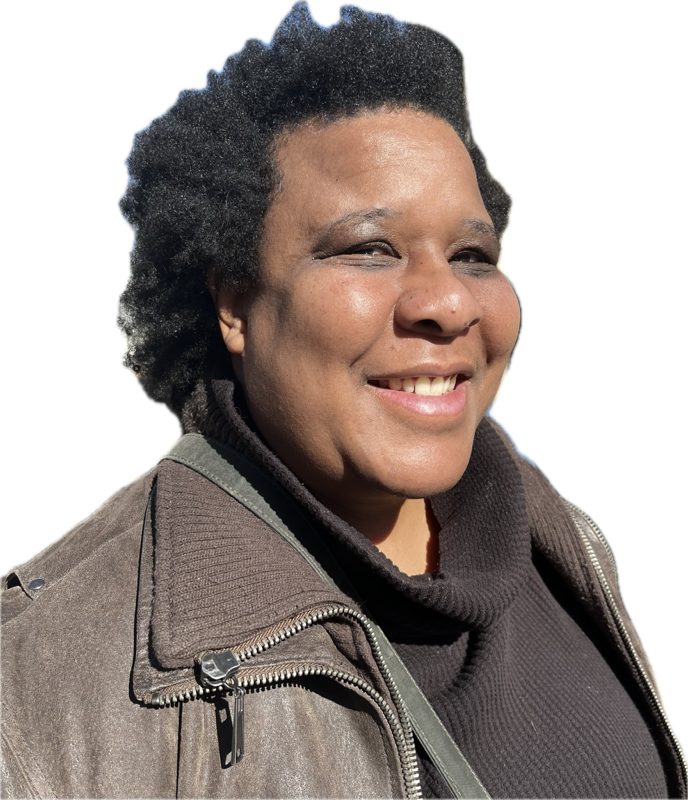
And it is what has motivated her to help launch the Boston Ujima Project, which “made history as the nation’s first democratically governed investment fund,” according to Evans.
Growing up in Southern California, Evans first heard about Cornell when a friend’s older sister was admitted. She was sold on the university when she received Cornell’s viewbook in the mail.
“I had – and actually I still have – this romantic notion that college is where you go to find yourself and explore,” Evans said. “So, the idea of being in an environment so different from what I grew up in – the beauty, the expansiveness and all the possibilities. For example, I saw there was an ice climbing class and thought maybe I would do ice climbing for physical education.
“Cornell seemed full of wonder, and it seemed like it was a good next move.”
Evans was originally accepted into the College of Arts & Sciences, but once on campus, she developed a group of friends who happened to be ILR students and found herself drawn to the “practical” and “hands-on” classes that the ILR School had to offer.
Classes like collective bargaining, labor economics and statistics drew her interest, but she also connected with ILR from a “values perspective,” saying, “My mom was a nurse, so she was a part of the union. So, with that perspective and familiarity, it just seemed like a better fit.”
After graduating from Cornell, Evans earned a master’s degree in education leadership from Teachers College at Columbia University. She held jobs centered on education and advocacy in New York City before her best friend convinced her to move to Cambridge, Mass., where she eventually became the executive director of the Boston NAACP.
“I just thought, ‘Why not?,’” Evans says of the move. “Why not go ahead and try it and see if it works out? And I’ve been here ever since.”
Through her work with the Boston NAACP, Evans became interested in the idea of economic justice work and in providing concrete opportunities for people to participate and decide what happens in their communities.
And that’s how she got connected with Aaron Tanaka, one of the brains behind Ujima. But at that time, his idea was just “some scribbles on paper.” Still, Evans was compelled by the possibilities and the adventure of doing something brand new.
During that first meeting, she couldn’t help but think of the principles learned at ILR, said Evans, who has served as Ujima’s executive director since 2017.
“When we’re thinking about things like good jobs and workers’ rights and workers’ power and thinking about a different type of decision making that respects diverse types of expertise and knowledge, ILR was definitely one of the resources that I knew I had in my back pocket as an alum that I could bring to this effort.”
Ujima – which is Swahili for collective work and responsibility – took several years, and roughly 40 individuals researching public banks, community loan funds, participatory budgeting and alternative currencies, to come into focus.
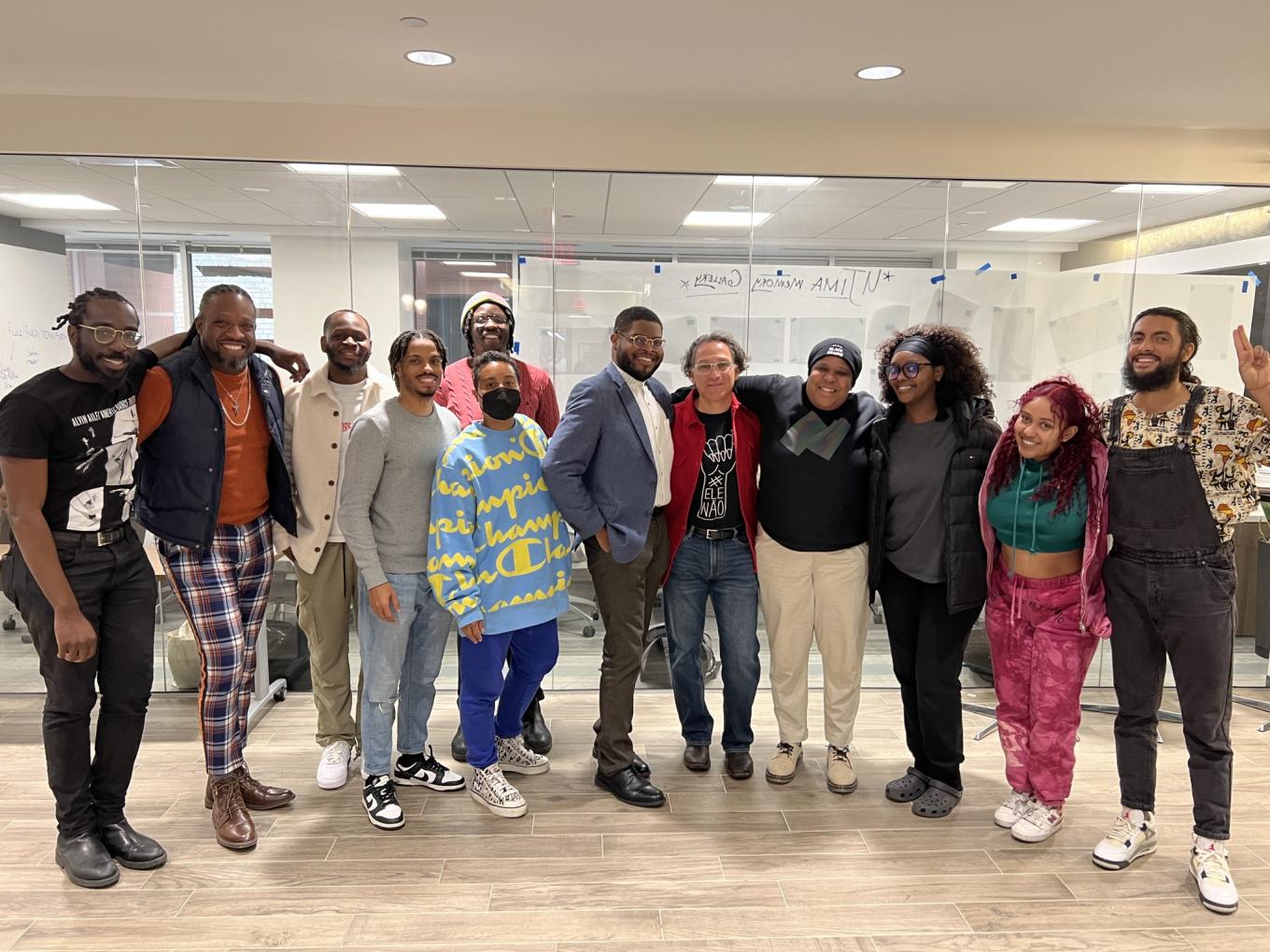
“We call it our ecosystem approach,” Evans said. “I like to describe it as a mash-up. We decided to take some of these things that we liked and thought did well and put them together into one system to see if each part of the system could support the others.
“And now we have a whole that’s more than the sum of its parts.”
Ujima, which in 2021 reached its investment capital goal of $4.5 million, has a clear purpose of financing small businesses, real estate and infrastructure projects that benefit Boston’s working-class Black, Indigenous and other communities of color. It does this by utilizing a combination of participatory budgeting processes and traditional underwriting to put economic development decisions in the hands of community members.
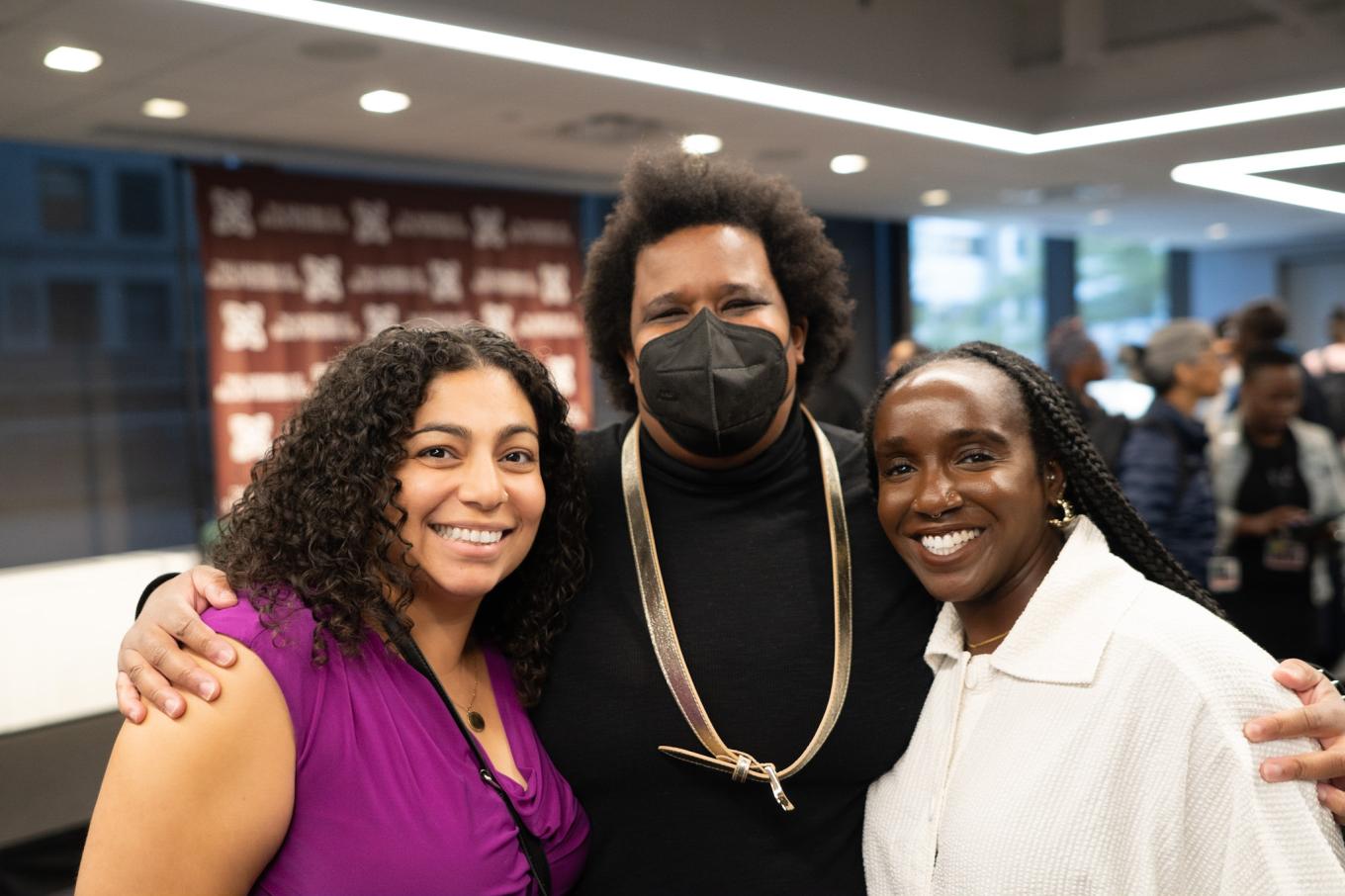
The fund has been so successful that Evans receives inquiries from individuals around the world who would like to start something like Ujima in their own communities. As a result, the team created a “trans-local membership program” designed to help communities establish programs. Evans points to trans-local member Kensington Corridor Trust in Philadelphia as a “deep partnership” that engages in “co-learning” with Ujima.
Other organizations, such as the East Bay Permanent Real Estate Cooperative in Oakland, The Guild in Atlanta and the Ekvn-Yefolecv Ecovillage in Alabama, are innovative peer programs that are doing “really cool, amazing, amazing things” in the communities where they operate and provide “mutual inspiration.”
“With our trans-local members, we don’t need to have any kind of ownership,” Evans said. “We’re just happy to kind of hold their hands and make sure they actually get it off the ground.”
In addition to the ILR principles that weave their way into her work, Evans’ Cornell education also manifests in unexpected ways.
“ILR has shown up in everything.”
“Ironically, it wasn’t something I was focused on when I was there, but I, of course, had to take some human resources classes,” Evans said. “And in my role as the executive director, I feel like that’s been a very helpful bucket of knowledge that I have in my background that I carry with me.”
As for the ice climbing class, Evans never enrolled. She took snowboarding instead – and failed.
“As exciting as I was to take that class, when 8 a.m. on Sunday mornings in the middle of winter rolled around, I just couldn’t do it.”
Her adventurous spirit was willing, but her Southern California body was not able.
